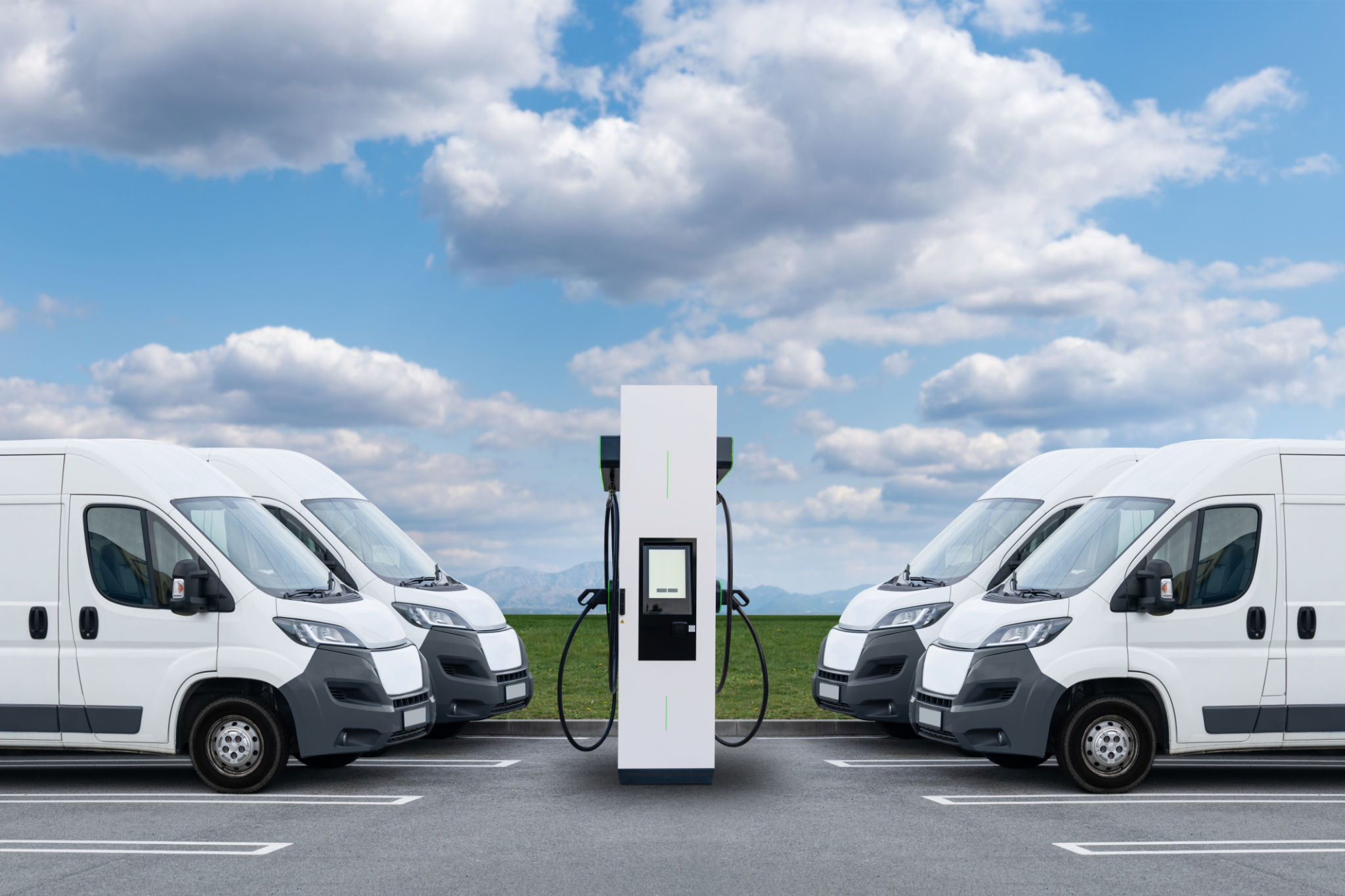Maximizing Efficiency: Electric Vehicle Charging Strategies for Fleets
Understanding Fleet Charging Needs
As the adoption of electric vehicles (EVs) continues to rise, fleet managers are increasingly tasked with the challenge of optimizing charging strategies. A well-planned charging strategy is essential for maximizing efficiency and minimizing costs. Understanding the specific needs of your fleet is the first step in developing an effective plan.
Each fleet will have unique requirements based on factors such as vehicle types, operational hours, and distance traveled. Analyzing these elements can help determine the best charging infrastructure and schedule. This tailored approach ensures that every vehicle is charged and ready for duty without unnecessary downtime.

Evaluating Charging Infrastructure
Investing in the right charging infrastructure can make a significant difference in operational efficiency. There are several types of chargers available, from Level 1 slow chargers to fast DC Level 3 chargers. Selecting the appropriate type depends on the fleet's daily energy needs and turnaround times.
Level 1 chargers might be suitable for fleets with ample downtime, while Level 2 and Level 3 chargers are better for vehicles requiring rapid turnaround. In some cases, a mixed approach may be necessary to accommodate different vehicle types or to support peak usage times.
On-site vs. Public Charging
Another critical consideration is whether to implement on-site charging facilities or rely on public charging stations. On-site charging provides more control and security, ensuring vehicles are charged when necessary. However, public charging stations can offer flexibility and convenience, especially for fleets covering vast territories.

Implementing Smart Charging Solutions
Smart charging solutions can significantly enhance the efficiency of fleet operations. These systems allow for automated scheduling, energy management, and load balancing. By leveraging smart technology, fleets can optimize energy consumption and reduce electricity costs.
Smart charging can be particularly beneficial during peak demand periods when electricity rates are higher. By scheduling charges during off-peak hours, fleets can take advantage of lower rates, leading to substantial cost savings over time.
Data-Driven Decision Making
Utilizing data analytics is crucial in refining charging strategies. By monitoring charging patterns and energy consumption, fleet managers can gain insights into usage trends and identify areas for improvement. This data-driven approach helps in making informed decisions about future infrastructure investments and operational adjustments.

Environmental and Economic Benefits
Adopting efficient EV charging strategies not only enhances operational performance but also contributes to environmental sustainability. By reducing reliance on fossil fuels and optimizing energy use, fleets can lower their carbon footprint and support cleaner transportation initiatives.
Moreover, efficient charging strategies can offer economic advantages. Reduced energy consumption translates into lower operational costs, while the potential for government incentives and reduced maintenance costs can further enhance profitability.
Future-Proofing Your Fleet
As technology evolves, so too will the possibilities for fleet management and charging strategies. Staying informed about advancements in battery technology, charging infrastructure, and energy management solutions will be essential for future-proofing your fleet.
By adopting a proactive approach and continuously optimizing your strategy, you can ensure that your fleet remains efficient, cost-effective, and environmentally friendly in the years to come.
